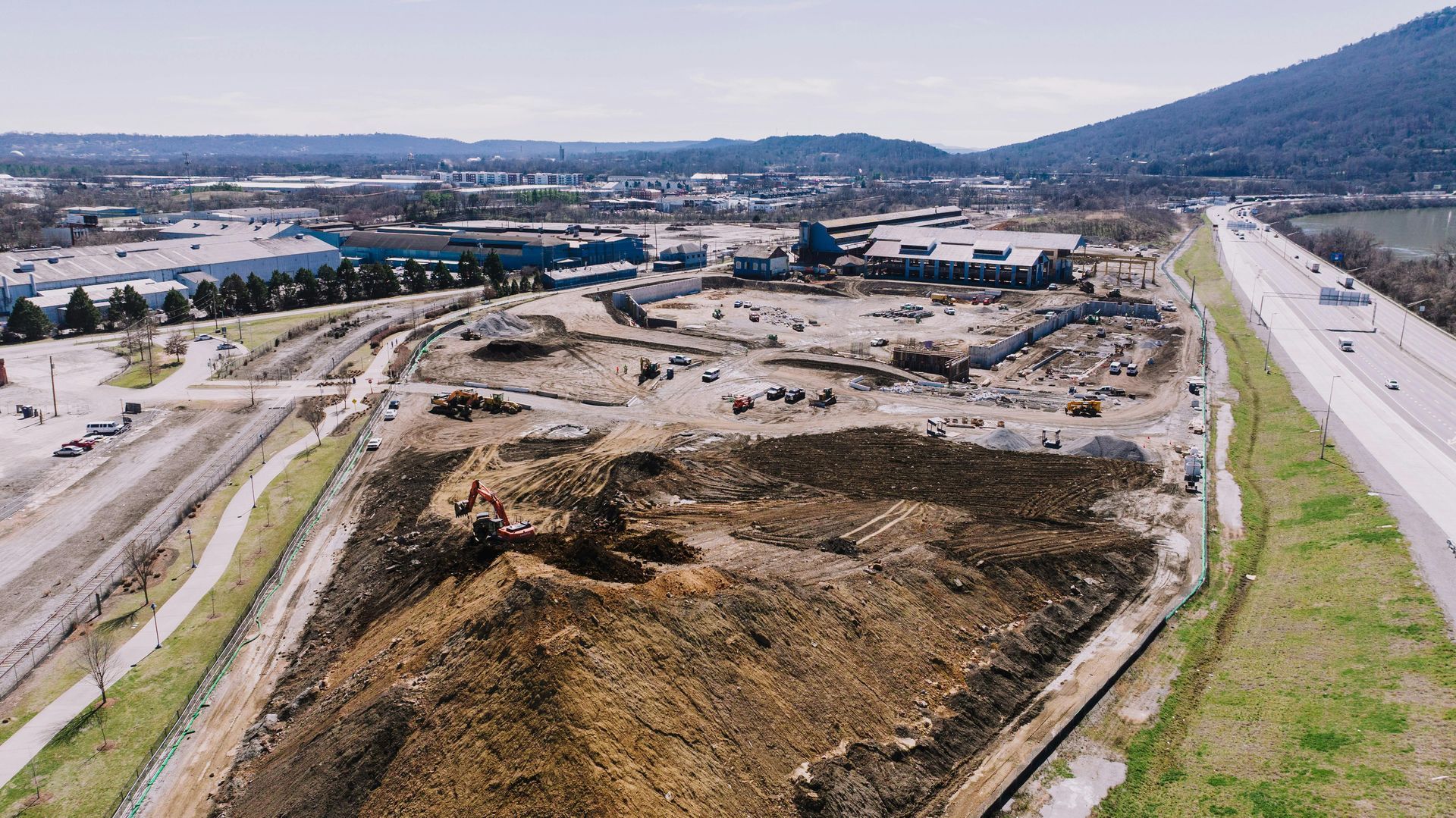What to Ask Before Hiring a Zoning Consultant
Key Takeaways
- Zoning laws can vary greatly across cities and counties in Texas.
- An experienced consultant helps you avoid delays, penalties, and rejected applications.
- Local knowledge is crucial when working with
Houston, Texas zoning regulations or other municipalities.
- Always confirm exactly what services are included and how fees work.
- Good communication keeps your project on track.
- Smart questions ensure you hire a qualified, reliable professional.
Why You Need a Zoning Consultant
If you are planning land development in Texas, you will encounter rules that dictate what you can build, how you can use your property, and even how your project should look. These regulations are in place to protect communities, preserve natural resources, and ensure infrastructure can support new growth.
Texas zoning laws can cover many areas, such as:
- Impact zoning, which manages how developments affect traffic, utilities, and the environment.
- Inclusionary zoning, which may require
affordable housing components.
- Special ordinances specific to your city or county.
You might think you can handle the paperwork yourself, but the reality is more complex. A professional zoning and land use consultation can help you:
- Research local codes and restrictions.
- Prepare complete applications and supporting documents.
- Represent your project to planning commissions, boards, and city councils.
- Navigate community meetings and public input.
- Resolve conflicts or appeals if challenges arise.
Experienced zoning consultants can spot potential problems before they derail your project. They know how to work with authorities, communicate clearly, and find solutions that comply with zoning regulation consulting standards. If you want your project to move forward without unnecessary setbacks, hiring a qualified consultant is one of the smartest investments you can make.
Questions to Ask Before Hiring a Zoning Consultant
To choose the right professional for your land development consulting Texas project, you need to dig deeper than just checking a website. Here are essential questions to ask and why they matter:
“Do you have experience with local zoning rules?”
Every city has unique requirements. For example, Houston, Texas zoning can differ significantly from Austin or Dallas. A consultant who has worked locally will understand specific regulations, timelines, and the preferences of local boards. Ask for examples of past projects in your area. If your consultant has no experience in your city or county, they may not have the relationships or insights that keep projects moving smoothly.
“Have you handled projects similar to mine?”
If you plan to develop a mixed-use property, you will need different expertise than someone seeking land development surveying services in Texas for a single-family subdivision. Ask for case studies or examples of similar work. A qualified consultant should share project details, challenges they solved, and successful outcomes.
“What services do you provide under zoning and land use consultation?”
Not every firm offers the same scope. Some focus mainly on code and zoning consulting, while others provide full-service support, including:
- Project management
- Plat preparations,
submittal, and recording
- Public hearings
- Referral services
for land surveying
Make sure you understand exactly what is included. You do not want surprises later when you discover that representation at public meetings is billed separately or that detailed site assessment requires another contract.
“How do you charge for your services?”
Clear pricing is critical. Some zoning consultants charge by the hour, while others offer flat fees or retainer agreements.
Ask for a written estimate that details:
- Rates or fees.
- What is included in the price.
- Billing schedules and payment terms.
- Any additional costs that might arise if the project scope changes.
“How will you communicate with me during the project?”
Successful land development relies on proactive communication. You deserve to know how often you will receive updates, whether by email, phone, or formal reports. Ask your consultant to outline how and when they will keep you informed. Good communication helps you address issues early and stay confident in the process.
“Do you have experience working with planning boards and commissions?”
Navigating the approval process often means appearing before local bodies that oversee planning and zoning. Ask whether your consultant has attended hearings or presented projects to the same boards. If they are familiar faces with a solid reputation, your project is more likely to be reviewed positively.
“What challenges do you foresee for my project?”
Every development has unique issues, whether related to
inclusionary zoning, environmental impact, or community objections. A skilled professional will spot these challenges early and help you prepare solutions. This question also shows whether they are realistic and honest about what you should expect.
Red Flags to Watch Out For
Not every consultant will have the experience or integrity your project needs. Here are common warning signs to avoid:
- They lack local experience or cannot demonstrate familiarity with
Texas zoning laws.
- They promise guaranteed approvals without understanding your project details.
- They are vague about fees and services.
- They do not have references or examples of past work.
- They communicate poorly or avoid answering your questions directly.
Why the Right Consultant Makes a Difference
Hiring the right land development consultants does more than help you fill out paperwork. It sets your project up for success.
A knowledgeable consultant can:
- Streamline the process of securing approvals.
- Help you avoid delays, fines, or rejected applications.
- Guide you through complex requirements for
impact zoning or
inclusionary zoning policies.
- Work with surveyors, engineers, and architects to create a cohesive plan.
- Save you time and money by spotting problems early.
Frequently Asked Questions
What does a zoning and land use consultation include?
Typically, it covers researching zoning codes, preparing applications, creating site plans, and representing you before local boards. Some consultants also offer land development consulting services, project management, and collaboration with engineers.
How much does it cost to hire a zoning consultant?
Costs vary based on project size and complexity. Some consultants charge hourly rates ranging from $150 to $300 per hour, while others offer flat fees for specific services. Always get a written estimate.
Why is local experience important when choosing a consultant?
Local knowledge ensures your consultant understands specific ordinances, community priorities, and approval processes. In Texas zoning, experience with local boards and planning staff can make a significant difference.
Can a zoning consultant help with permits or variances?
Yes, a qualified consultant assists with applications for variances, conditional use permits, and rezoning. They also represent your interests in hearings and public meetings.
How long does the process usually take?
Timelines vary depending on your location and project. Small projects may take a few weeks, while large developments can require several months of approvals and reviews.
Final Thoughts
Working with a skilled zoning consultant can transform a confusing process into a clear, step-by-step path to success. You deserve a partner who understands the ins and outs of land development in Texas, from initial research to final approvals.
If you are ready to move your project forward, I would love to help you make it happen. At Beacon Land Services, my team and I combine years of experience with local knowledge and a commitment to your success.
Contact us today, and let’s discuss how we can bring your plans to life with confidence and clarity.


